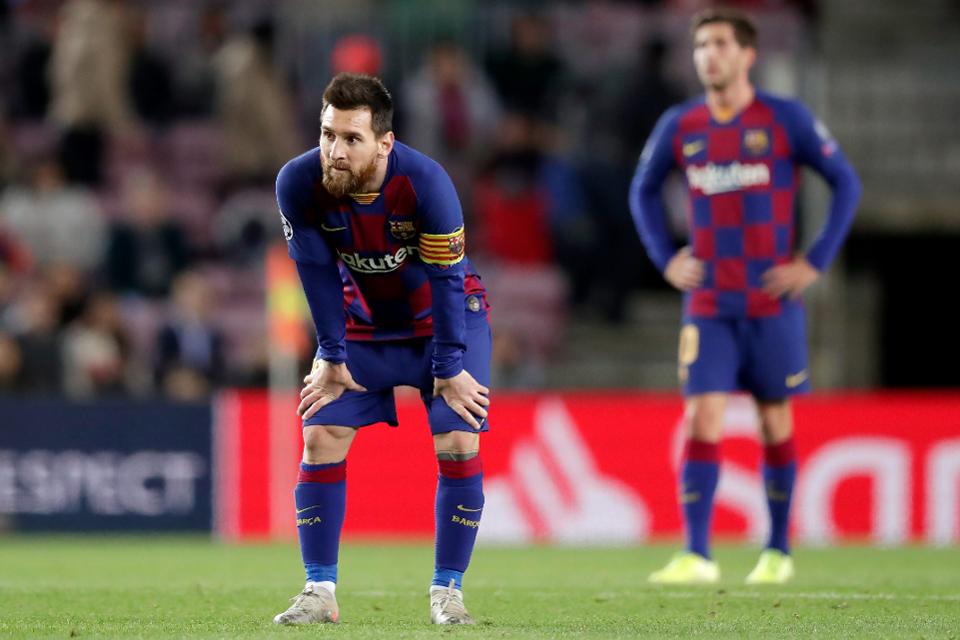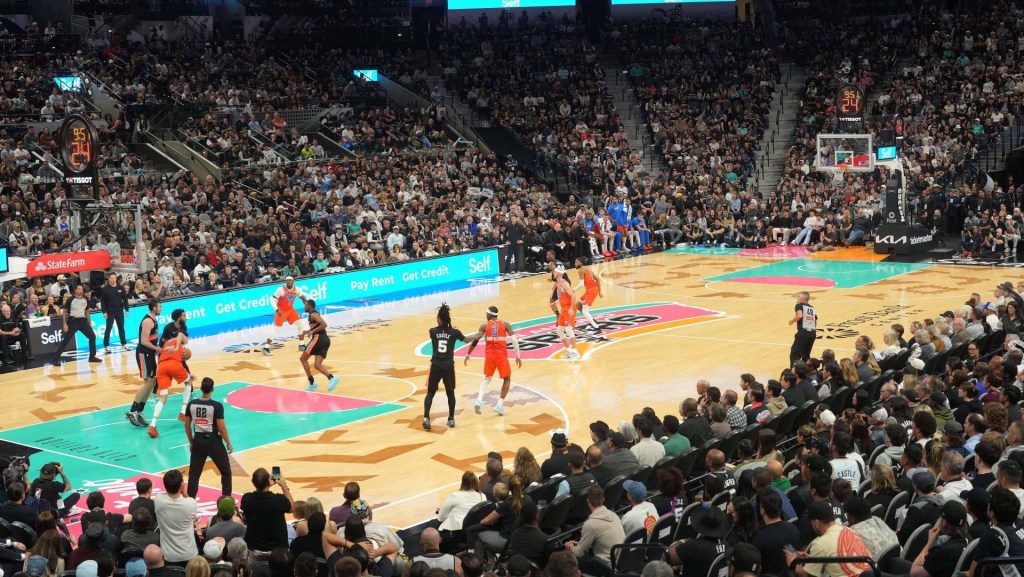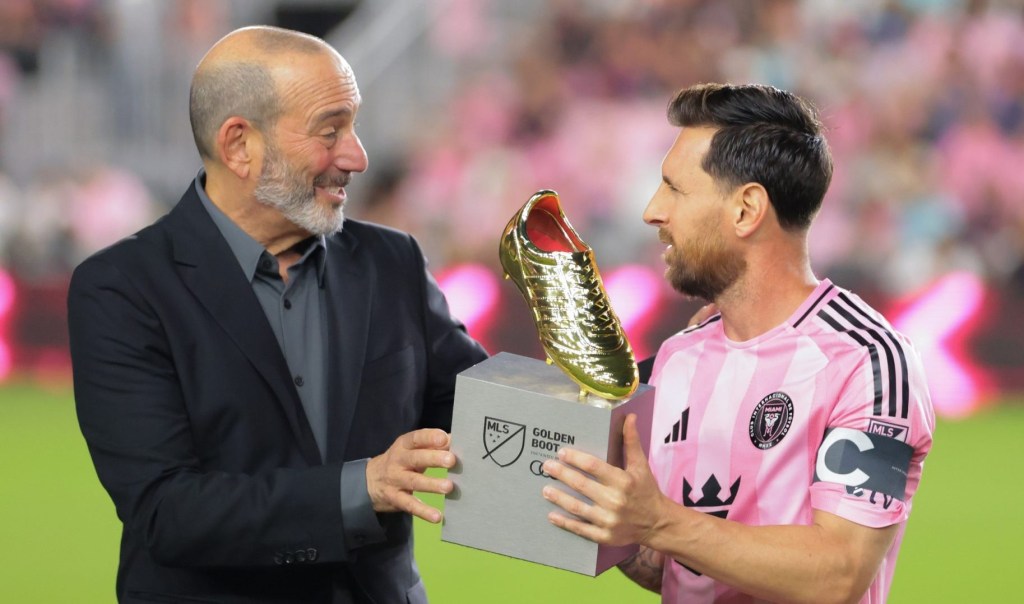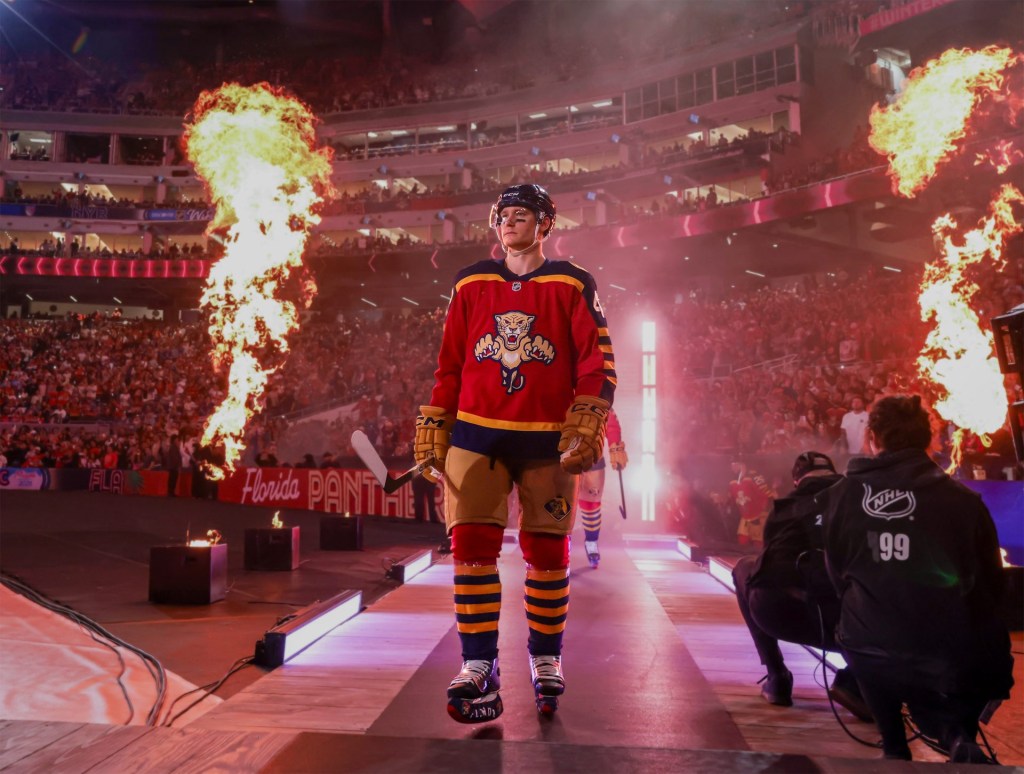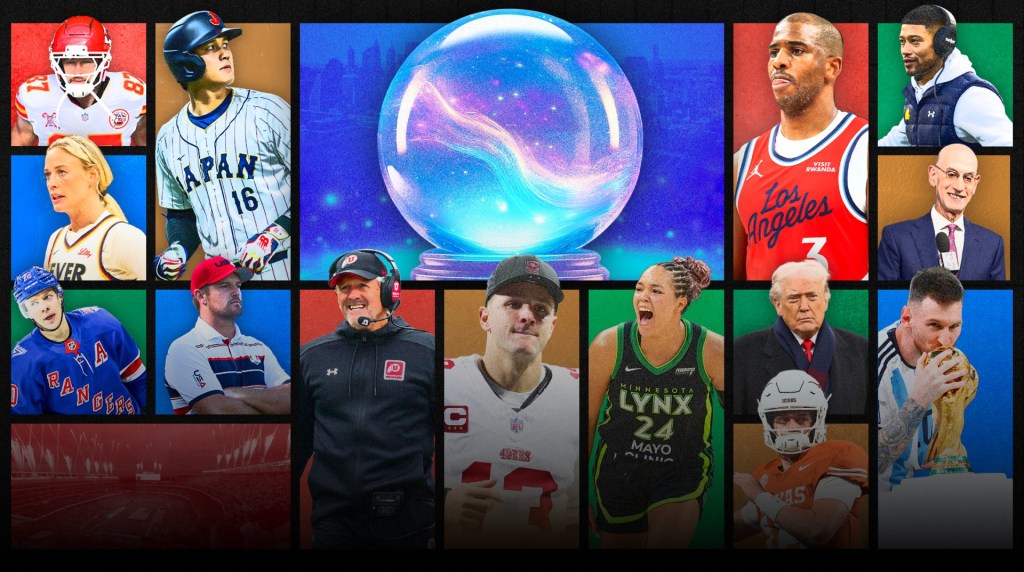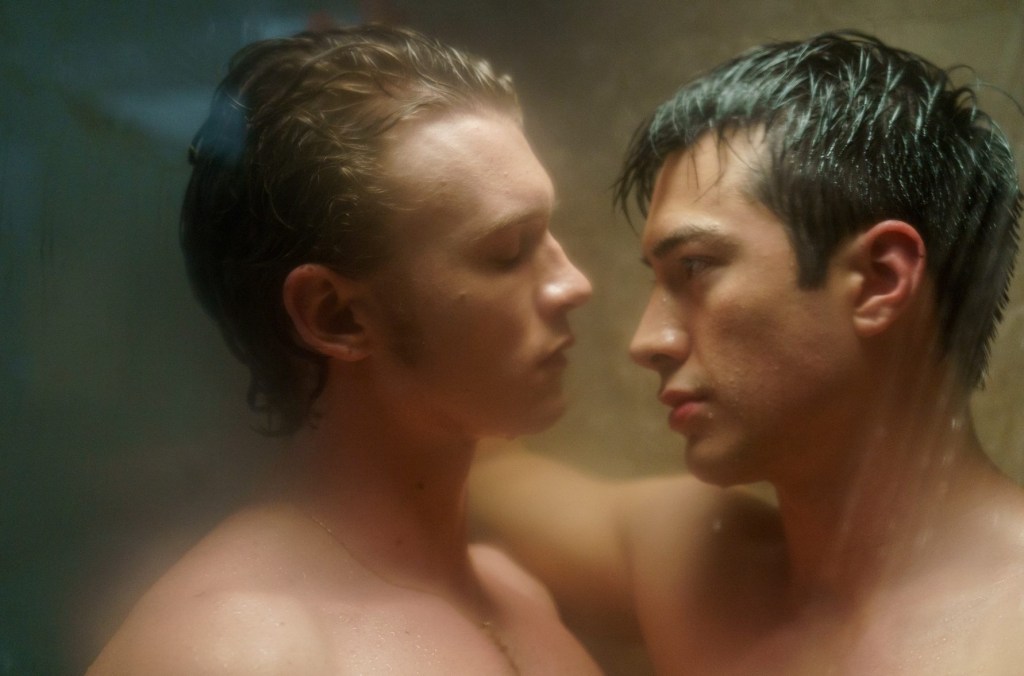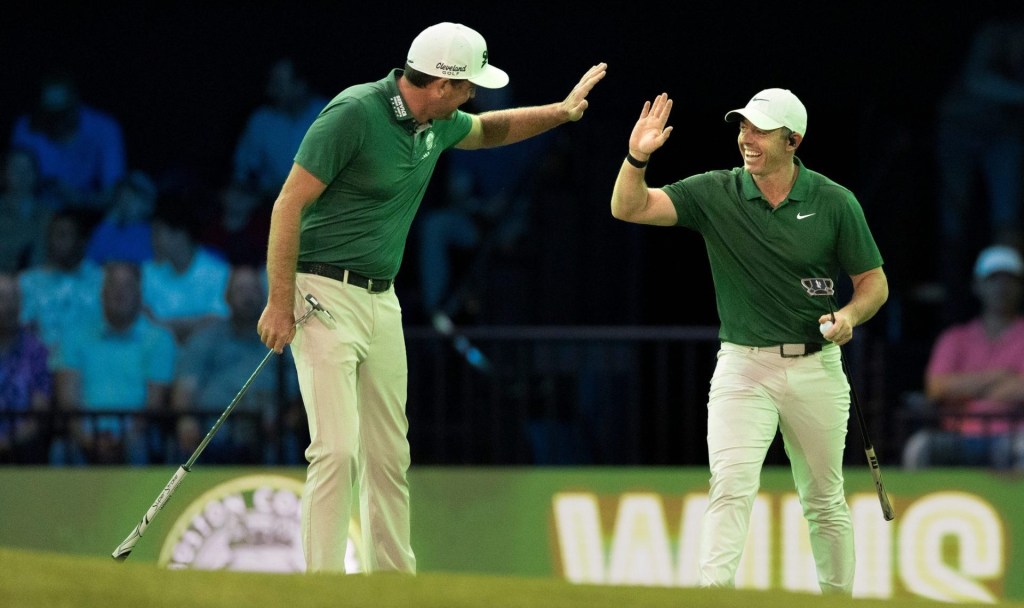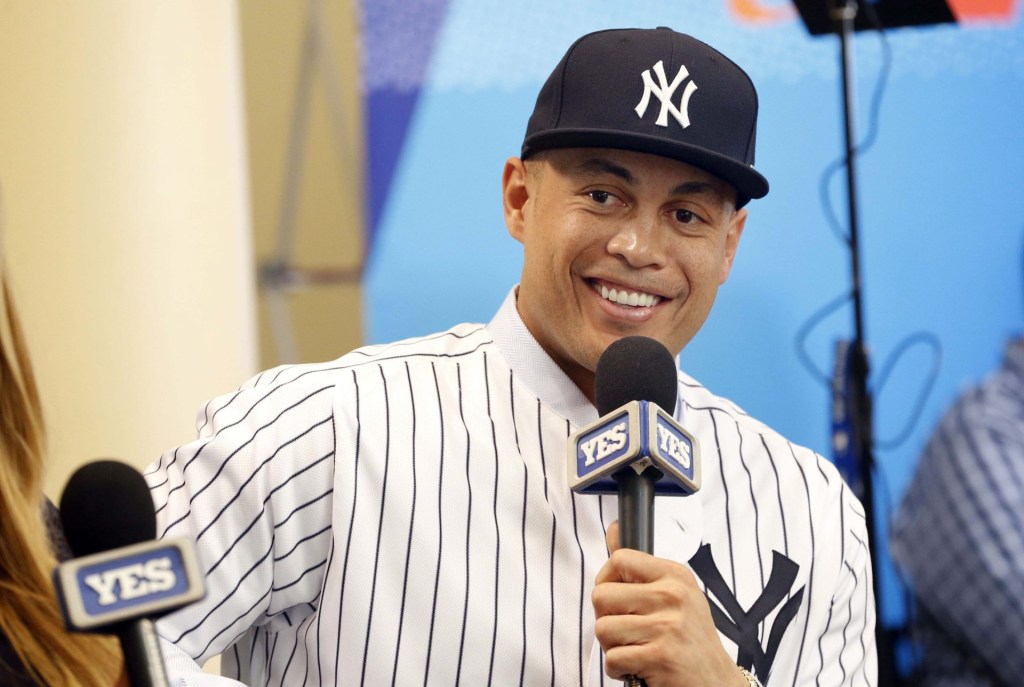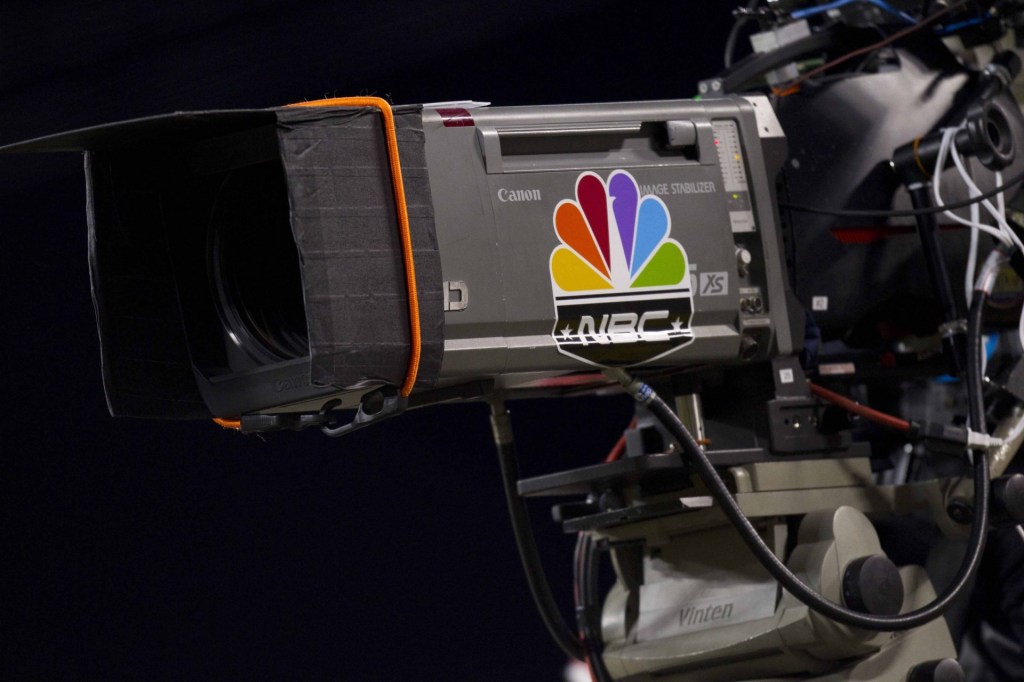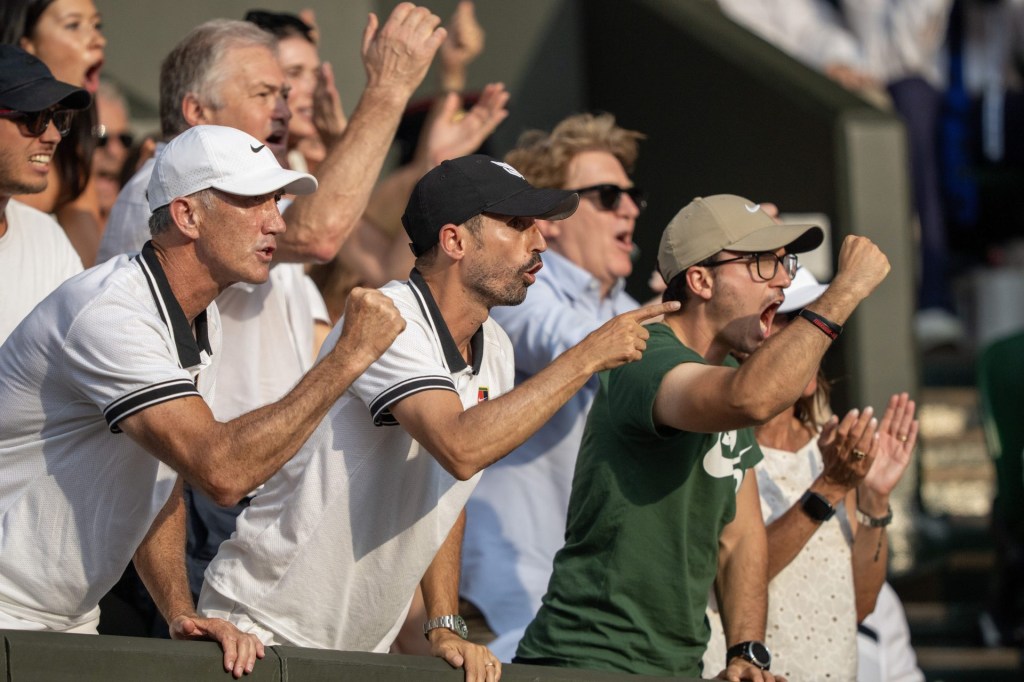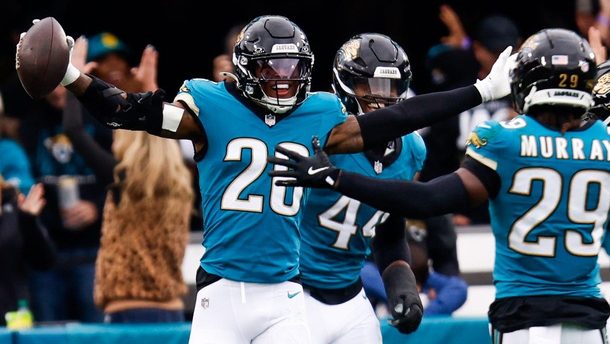FC Barcelona’s international presence extends far beyond the pitch and into the global social media space.
For a second consecutive year, Barcelona finished 2019 with the most social interactions of any sports club in the world. It generated more than 1.4 billion interactions across its Facebook, Instagram, and Twitter profiles, a 20% increase from last year. Barcelona also finished as the most-followed sports franchise worldwide, according to the Global Digital Football Benchmark study published by Result Sports in January 2020. The club has more than 351 million followers across all social media platforms, with 294 million of them coming from Facebook (137 million), Instagram (96 million), and Twitter (61 million).
In recent weeks however, Barça’s social dominance has been replaced by a more damning storyline. The club has been accused of hiring a company to create social media accounts aimed to improve the reputation of president Josep Bartomeu and other board members.
Multiple reports wrote that Barça hired social media company I3 Ventures on a million-euro contract to create fake social media accounts to discredit people and players critical of Bartomeu and the board. The alleged victims include stars Lionel Messi and Gerard Piqué, as well as rival board members other figures associated with the club.
I3 Ventures published posts disparaging Messi for his delay in re-signing with Barça, while Piqué was criticized for his business interests in tennis’s Davis Cup. There was concern that Piqué’s attention on the Davis Cup would distract him from his role with Barça.
The defender and his investment company, Kosmos, recently pledged a $3 billion, 25-year deal to run the annual event alongside the International Tennis Federation. Kosmos is backed by Hiroshi Miktani, the chairman and CEO of Tokyo-based e-commerce company Rakuten.
Other negative posts were directed towards club legends like former manager Pep Guardiola, ex-players Xavi Hernandez and Carles Puyol, and potential club presidents Agusti Benedito, Victor Font, and Jaume Roures. Barça is one of only a handful of clubs where fans vote for the president. In order to vote, one must be a paying socio, or member, and over the age of 18.
Benedito has since responded by posting on Twitter that he will file a lawsuit against Bartomeu and his board of directors if the allegations are true.
Font has called for Barça’s board to offer an explanation to the social media controversy.
“This defamation campaign borne from the results of a journalistic investigation stains Barça’s, shames us club members and makes the club’s situation even worse because, in addition to the delicate sporting and economic situation, moral bankruptcy has also been added,” Font said in a statement.
Roures, who is the chief executive officer of Mediapro, a Barcelona-based multimedia communications group that formerly worked with the club, issued a statement on Twitter that he plans to take legal action against Barça and its board. “I thought these acts were left for the sewers, not at a club like Barcelona,” Roures wrote. “It’s hard to believe they would spend the money of members to dirty people both near and far.”
Lawsuits aside, Barça’s social media woes could spark a change in leadership. Presidential elections are scheduled for 2021, and some board members have already called for Bartomeu’s resignation. Bartomeu’s relationship with fans has been rocky since it began in 2014, when the club was charged with tax fraud regarding the transfer fees in the Neymar signing.
Bartomeu remains defiant. On Feb. 18, he issued a statement saying that: “Barça has never hired any service to discredit anyone, neither player nor former player nor politician or president or former president. It is false and we defend it by all means at our disposal.”
He did acknowledge that the club terminated its contract with I3 after discovering that it used a burner account to make disparaging comments about people in the club. Barça also suspended Bartomeu’s adviser, Jaume Masferrer.
The report about Barça’s alleged social media involvement came from the Cadena Ser radio network. The club did not respond to multiple requests for comment. Dídac Lee, board member and head of digital at Barça, said only, “The social media news is affecting our [public relations department]. I’m running the digital business of the club.”
Crisis Response
If Barcelona had not reacted as slowly to the accusations, it would have avoided alienating its two long-standing veterans – Messi and Piqué – according to Matthew Conroy, vice president of media strategy at Peppercomm.
Conroy also acknowledged that Barça is being proactive in reprimanding anyone who was involved with the scandal. But the club needs to show remorse in order for its subsequent moves to be well-received, Conroy said.
“Any company or organization has to deal with issues like this from time to time, but the key [for Barça] is to really be accountable, to show contrition and show the supporters of Barcelona – the membership – that it’s doing something to ensure that it’s not repeated,” Conroy said.
This isn’t the first time that a pro sports team created burner accounts to criticize its detractors. In June 2018, former Philadelphia 76ers president of basketball operations Bryan Colangelo announced his resignation after his wife admitted to creating and managing numerous Twitter accounts based on sensitive team information from her husband. The tweets ranged from criticisms of star players to complaints about Colangelo’s own coaching staff.
READ MORE: Amid High Profile Hacks, Teams Strengthen Cybersecurity Efforts
The difference between Barça’s and the 76ers’ social media incidents is the intent on the part of the soccer club, Steve Kulp, director, consulting division at Kantar, wrote in an email. In the case of Colangelo, he and his wife worked together to attack the very organization he was president of.
At Barça however, there appears to have been institutional knowledge of its social media activity, Kulp wrote. If it were in fact strategic and calculated, he believes that it not only sullies the front office’s relationship with its players, but with its millions of supporters both domestically and abroad.
For an organization with so much invested in its brand, this could mean real consequences.
“This is very much a referendum on Barcelona’s culture and how they want to be perceived by fans all over the world,” Kulp wrote. “Nothing masks the stink of scandal like winning, but it only works for so long. The internal politics at Barcelona appear to be catching up with them in a very public way. When the average fan is aware of schisms within the organization – players vs. coaches vs. leadership – that’s not a good sign.”
The fact that sports itself is being linked to social media manipulation is surprising to Brad Horn, Syracuse public relations professor and sports PR professional. Since 2017, organized social media manipulation has more than doubled, with 70 countries using online sources to manipulate public opinion, according to an Oxford University report.
Facebook and Fine Tuning Strategy
According to the Oxford report, Facebook was the most popular platform for social media manipulation, with evidence of formally organized campaigns in 56 countries. Barcelona’s alleged social media attacks were all on Facebook.
“What we’ve seen is that the paper trail does exist,” Horn said. “The monies were paid and in excess of what would be standard practice for social media monitoring service.”
“What all signs are pointing toward is a little bit along the lines of what we’ve seen in recent weeks with even the Houston Astros scandal of – it’s not cheating if you don’t get caught,” Horn added. “In sport, more often we’re seeing missteps that are intentional. Those are a true attempt to win at any cost, even if it means blatantly violating any ethical approach that may be representative of their brand.”
READ MORE: ‘They Wanted Me Gone’: How Sports Teams Try to Control Beat Reporters
Enric Llopart, Barça’s director of digital, told Front Office Sports in early February that the club uses Facebook in a variety of ways, including paid media initiatives as well as driving traffic to Barça’s other platforms.
Llopart also identified using more sophisticated data and analytics as one area of growth for Barça in 2020.
“We have been following a very strict strategy the last couple of years about engagement, engagement, engagement, engagement,” Llopart said. “The more we are putting the data in the center of the decisions that we make, the more capable we have been of focusing on engagement, understanding what works and what doesn’t work, and fine tuning our strategy.”
Llopart could not be reached for comment regarding the club’s social media controversy.
Still Unravelling
As more information regarding Barcelona’s social media involvement comes to light, many think that that will ultimately determine how the public will react. Professor Horn expects a board governance to conduct an independent investigation to take place. He anticipates that board members will move quickly to mediate any concerns with the club’s loyal fanbase.
Conroy agrees. If the club did give explicit direction to I3 Ventures to post negative content, that could lead to resignations and mean the end of Bartomeu’s re-election chances, with more repercussions on the horizon, he said.
However, others are not as worried. Rupert Pratt, sales and marketing director at Snack Media, knows that any allegations of social media manipulation never helps win over supporters. But given the power of the Barça brand and its players, this can be quickly forgotten.
“Trying to manipulate fans’ opinions is never a good thing but also trying to manipulate those of their star players (Barcelona deny this) is higher risk,” Pratt said. “A breakdown in trust between star players and the club isn’t good but fans are fickle and quick to forget. I don’t anticipate it being a long term issue especially if Barça maintains on-pitch success.”
Sports PR veteran Joe Favorito has seen his fair share of crises from the burner incident with the 76ers and the Astros’ ongoing turmoil. Much is uncertain about how much damage the Astros and Barcelona’s respective PR woes have done in both the short-term and long-term future.
But if either club wants to emerge on the right side of this issue, Favorito has two words for how they need to approach their situations.
“Don’t lie,” Favorito said. “If you are doing things and you get caught and you’re trying to perpetuate it by thinking that you’re smarter than everybody else, that’s where you run into a lot of problems. We are a very forgiving society, and I think if you own up to mistakes, people will tend to forgive you a lot faster than if you keep perpetuating a lie.”
